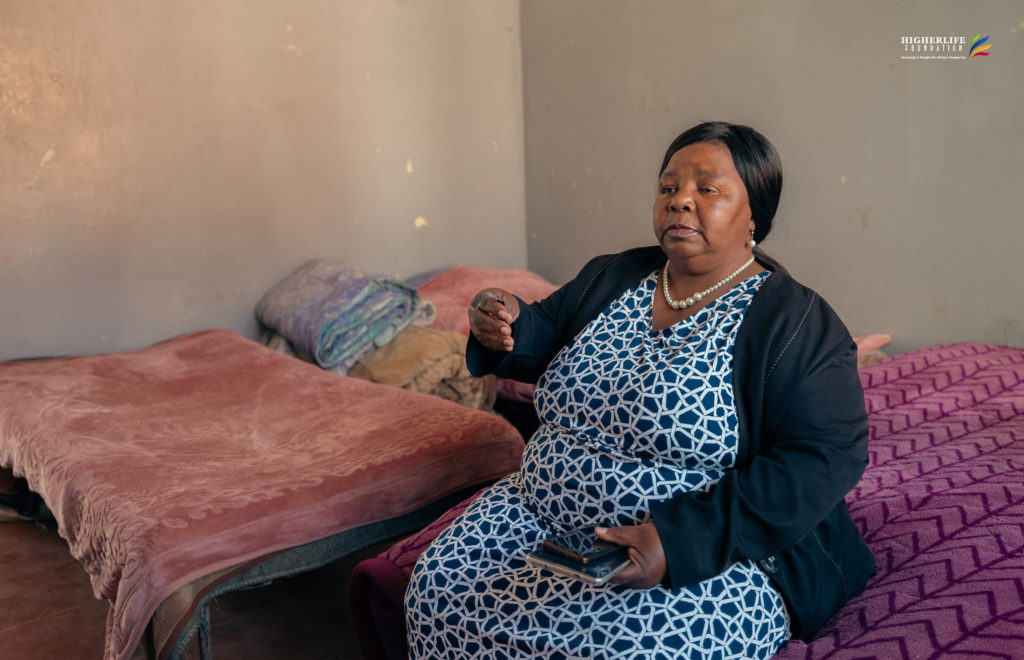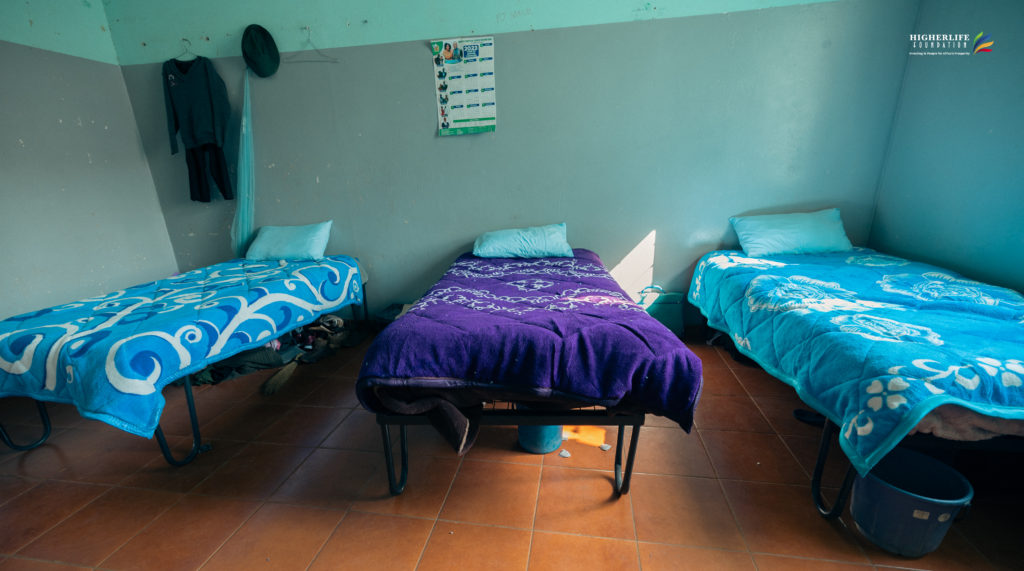
“Some of the children we get here will be coming from the street,” Faith Karumbidza says. Even before learning Faith is a former solider, you have a strong sense that she is firm, disciplined and the type of person needed to set teenage boys on the path of redemption.
Karumbidza oversees the Northcot Training Centre in Mount Hampden, about 19 kilometres west of Zimbabwe’s capital, Harare.
Despite the name, Northcot is more a home for child delinquents and an alternative to prison after run-ins with the law. It is Karumbidza’s job to care for the boys and guide them to the right path in life.
“Our approach is that when we accommodate them here, they are met with homely warmth, but the state of our beds did not reflect that,” she said.
But it is tough to provide a home when your beds are tatty, blankets are missing, and the sheets have sometimes seen multiple generations.
“When the children, especially boys, find out that the conditions are tough they sometimes escape to go back to the street,” she added.

NGOs and charities often fill the gap, providing donations and other resources to keep institutions like Northcot running.
In May this year, Higherlife Foundation provided Northcot with 30 beds and bedding including blankets and sheets.
The support is just one of the multiple interventions made by the Higherlife Foundation in recent months, supporting institutions.
All of Zimbabwe’s 100 registered children’s homes and shelters receive support from the Higherlife Foundation.
Institutions support is one of the areas of work under the Higherlife Foundation which has a direct connection to its origins in 1996 when it was formed.
Since 2020 alone, Higherlife Foundation has provided beds and bedding to 219 children from 13 homes in Zimbabwe and Lesotho. In addition to refurbishing Reitumetse Children’s Home in Lesotho, Higherlife fixed their broken tractor and provided the home with agricultural inputs.
The problems facing homes are often severe, costly and not dissimilar to what home owners face: from no water storage and persistent plumbing problems to tired doors, walls and furniture. Higherlife Foundation’s support has bought water-tanks, sunk new bores, and funded renovations and maintenance.
All these works, according to Higherlife Foundation’s Institutions Liaison Ms Chiedza Dewa are part of the organisation’s efforts to ensure that the homes are as comfortable as possible.
“As we implement our programming in institutions, it is a priority that children live in safe and healthy living spaces,” said Ms Dewa.
The work, according to her explanation, aligns with Sustainable Development Goal (SDG) 3, which focuses on Good Health and Wellbeing.
“We also work towards achieving SDG 6, which focuses on Water and Sanitation. We plan to provide safe water sources in line with WASH related issues to reduce the risk of water borne diseases,” said Dewa.
Besides giving material support to these homes, there has been a deliberate approach to ensure that the homes become self-sustaining.
To encourage this, the homes are enrolled in Higherlife’s climate smart agriculture programmes, making them eligible to receive agricultural training and inputs.
These efforts are often gamechangers, putting homes in a better position to provide children with adequate food and nutrition all year round.
These might sound like simple interventions, but they result in giving some of the most disadvantaged children in the country safety and the opportunity to be kids.
Mrs Gugulethu Mhlanga, the Home Social Worker at Chirinda Mother Daisy Home where one bathroom was renovated and fenced said there is now better security.
“The fence has made life easier for caregivers as they can now allow children to play outside without worrying about them leaving the premises.
The state of the home had become a point of ridicule in the community, but the renovation work brought back a sense of comfort and dignity.
Mrs Mhlanga said children now enjoy bathing and doing their laundry, something they needed serious convincing to do in the past.
The support has also been extended to public institutions under Government management, Blue Hills Probation Home in Gweru is one such example.
Blue Hills Probation Home Superintendent, Alexio Muguda, said the replacement of a faulty water pump was a timely intervention which prevented the spread of diseases.
“The old, rusted pump was giving us water which could not be used even in the garden. We now have potable water to drink, doing laundry and gardening,” he said.
The institution also received 23 bedding sets, which Muguda said made this year’s gruelling winter bearable.
“With the bedding donation we received from HLF, our home standard has greatly improved you are so kind. The children are highly comfortable this winter,” said Muguda.


